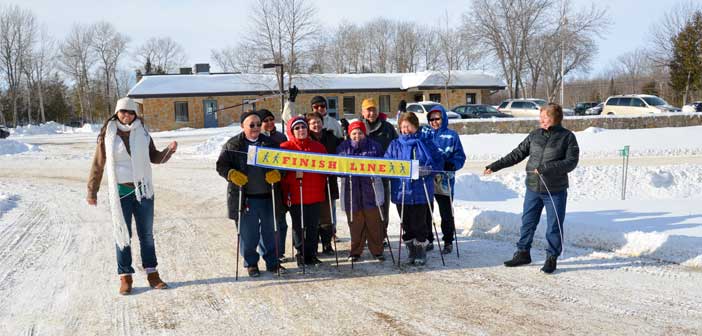Evolution of consciousness and jurisprudence moves us toward a more just society
To the Expositor:
Your most recent editorial on the local land claims issue (‘Municipal leaders should seize the opportunity to learn,’ January 7, page 4) revealed the disparity between First Nations and non-First Nations in our treaty relationship. While guests to our homelands enjoy their properties without “any kind of sufferance” and “own their properties outright” through Treaties that our ancestors were beguiled into signing, under great duress and undue influence, we, on the other hand, have recourse through lengthy litigation to find some kind of resolution to the breach of contractual obligations. The cost to both sides—in time and money—could be much better spent on enjoying life, and is something that can be easily achieved if there were resolve to honor the spirit and intent of those original agreements, from both sides.
It must be remembered that Treaties are international instruments of negotiation between sovereign peoples, for one party to benefit at the expense of the other is a definite imbalance, and contracts signed under duress—at least in common law—are null and void. I’ve heard from one elder that, “Canada is not a country, it’s a settler state.” As long as those original Treaties are not honored, this country we call Canada is not what it appears to be.
Land Claims are getting more attention these days: First, because of the nefarious, clandestine activities of a government, whom, after, or in addition to, seemingly endless entreaties to procure aboriginal land, surrender after surrender, decided to employ surveyors to bend ‘Reserve’ boundary lines to the will of the government and hungry resource development industries; and because Reserve boundaries weren’t surveyed until several years after the signing of their respective treaties. I learned that in the case of Atikameksheng Anishinawbek First Nation, it wasn’t until 35 years after their signing of the ‘Robinson Huron Treaty’ in 1850 that their Reserve was surveyed. In the meantime, Canada became a country and then implemented the ‘Indian Act’, granting the government dictatorial powers over “Indians and Lands reserved for Indians.” Discriminatory provisions in the Act had actually even made it illegal for ‘Indians’ to hire Lawyers to pursue any claims against the government [S.141 (1927-1951)].
Land Claims are a long drawn out process, essentially a waiting game that the Crown plays, full of legalese and prevarication aimed at confounding claimants into compromise; for all the while they’re looking for that weak link in the negotiation process, a government pawn if you will. It’s an old story, throw down a velvet blanket, dress it with trinkets and baubles, anything shiny that would catch the sun…mirrors. In the main, this has been the methodology.
But we are seeing some light at the end of the tunnel, as in the recent Supreme Court T’silhqot’in Sound ruling. Through the evolution of consciousness and jurisprudence; through test case after test case; finding the discrepancies in the application of laws and their meaning and intent…by and by, we are moving toward a more just society. Mii-geng!
Julian Nowgabow
Whitefish River First Nation




